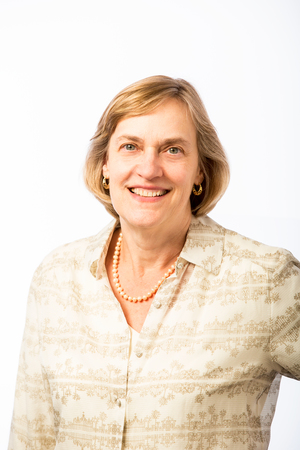This paper presents and analyzes the results of a survey conducted on industry participants from around the world. The survey respondents included financial service providers, investors and members of support organizations, many of whom are from the microfinance sector.
The report uses the survey findings to create a ranking, in order of significance, of opportunities and obstacles in financial inclusion. From this ranking, a seven-point action agenda was produced which includes financial education, client protection, and institutional capacity building as key components. The paper also provides details for many of the opportunities and obstacles used in the survey. It also looks at some of the differences in responses between different stakeholder groups and in different regions of the world.










